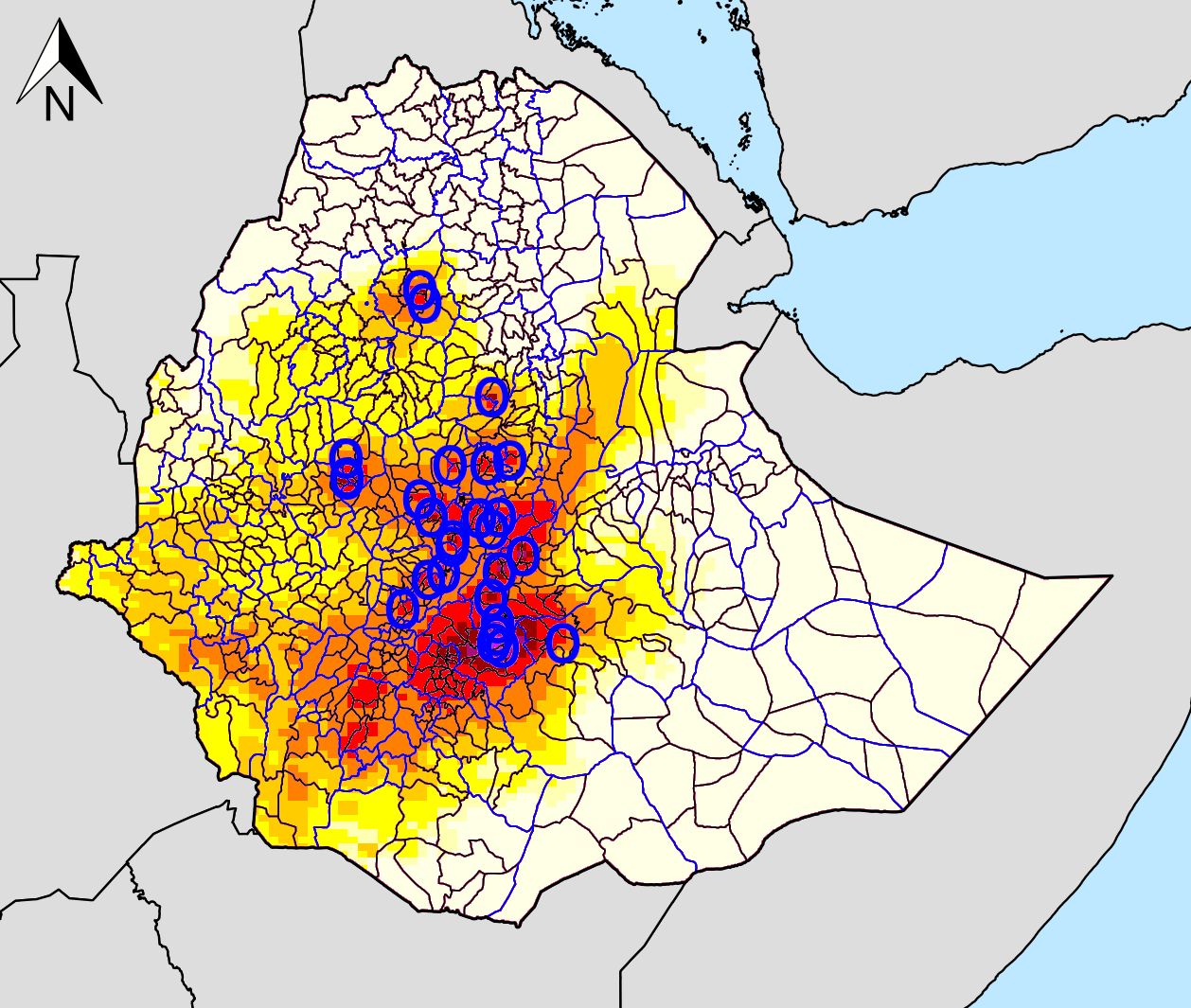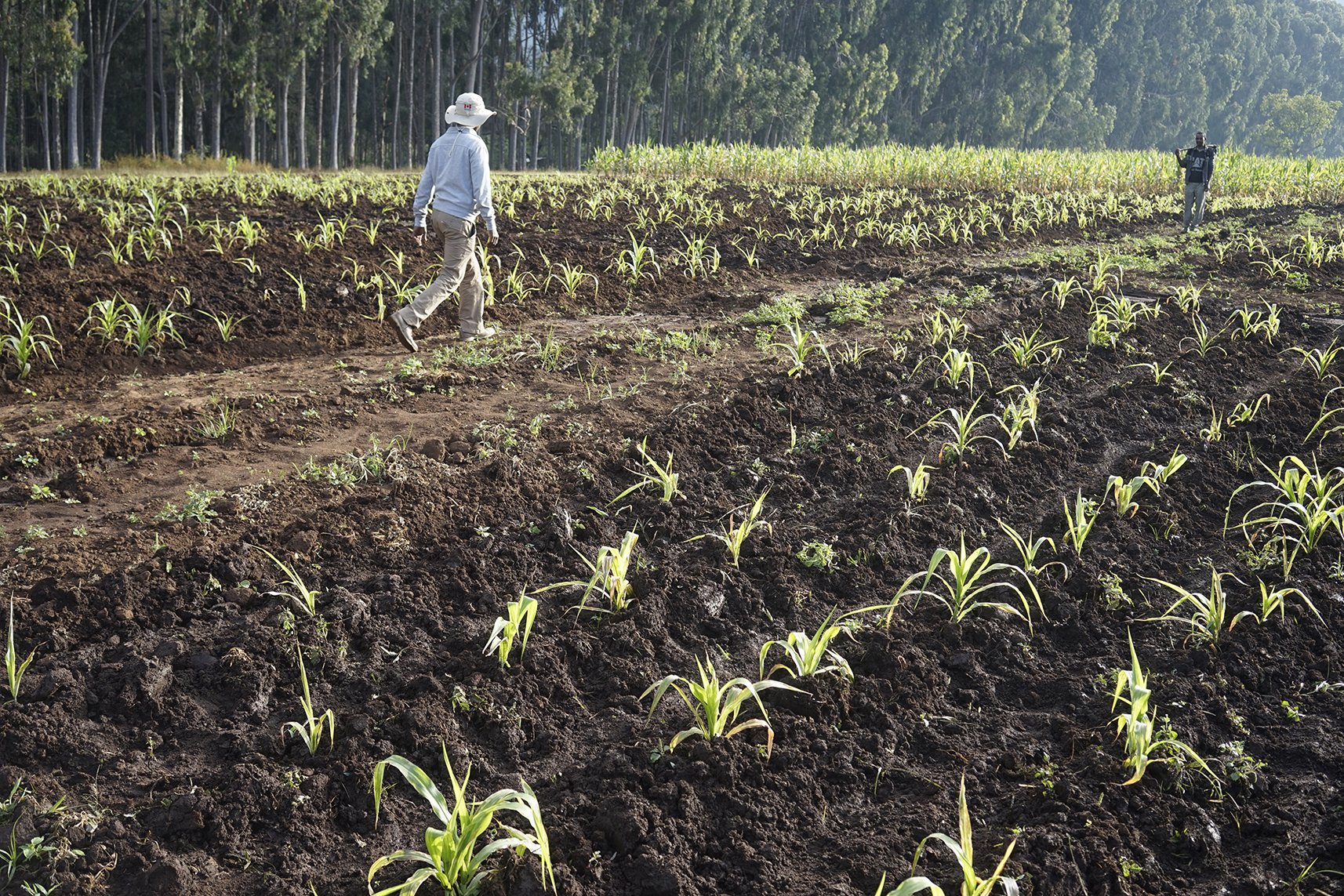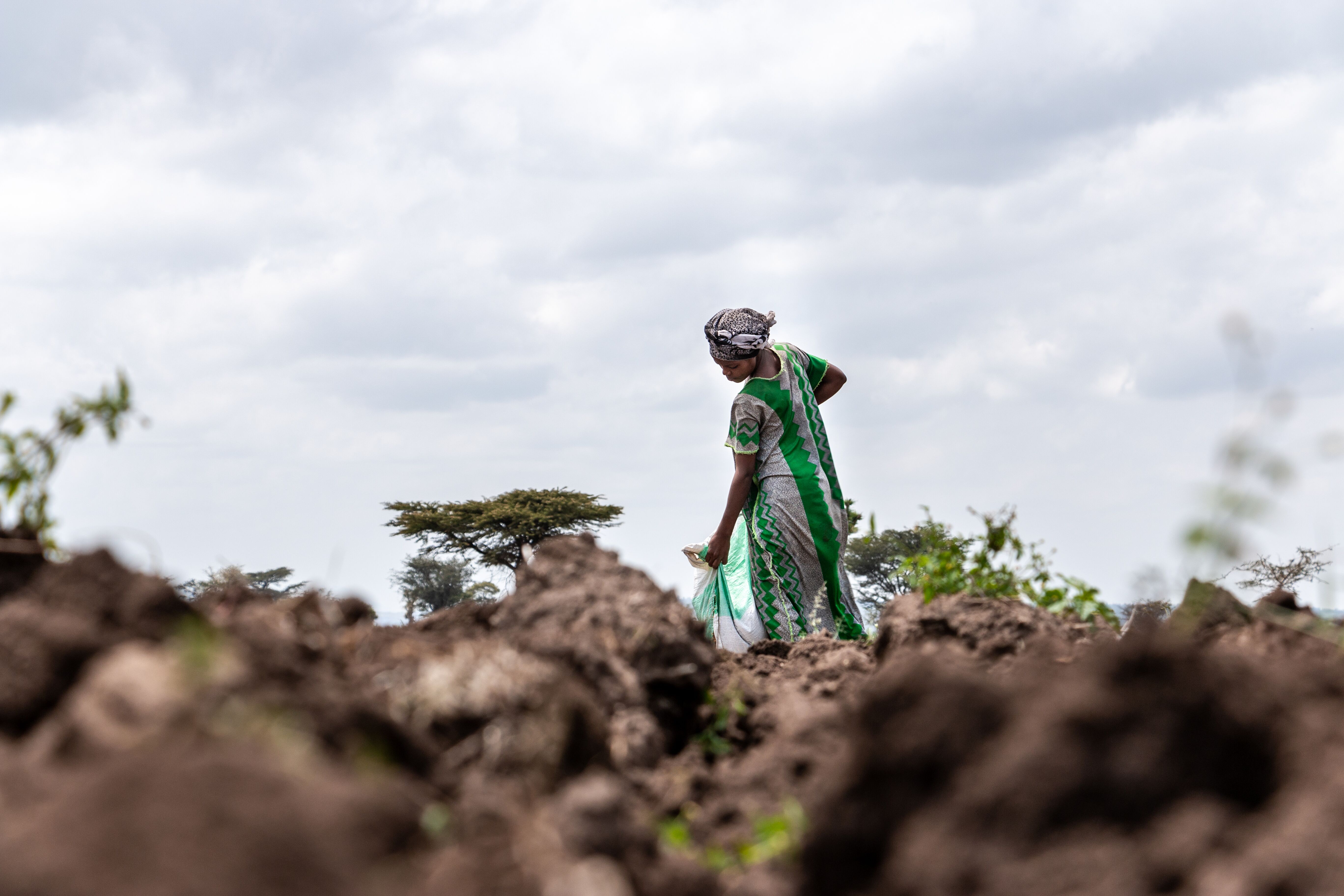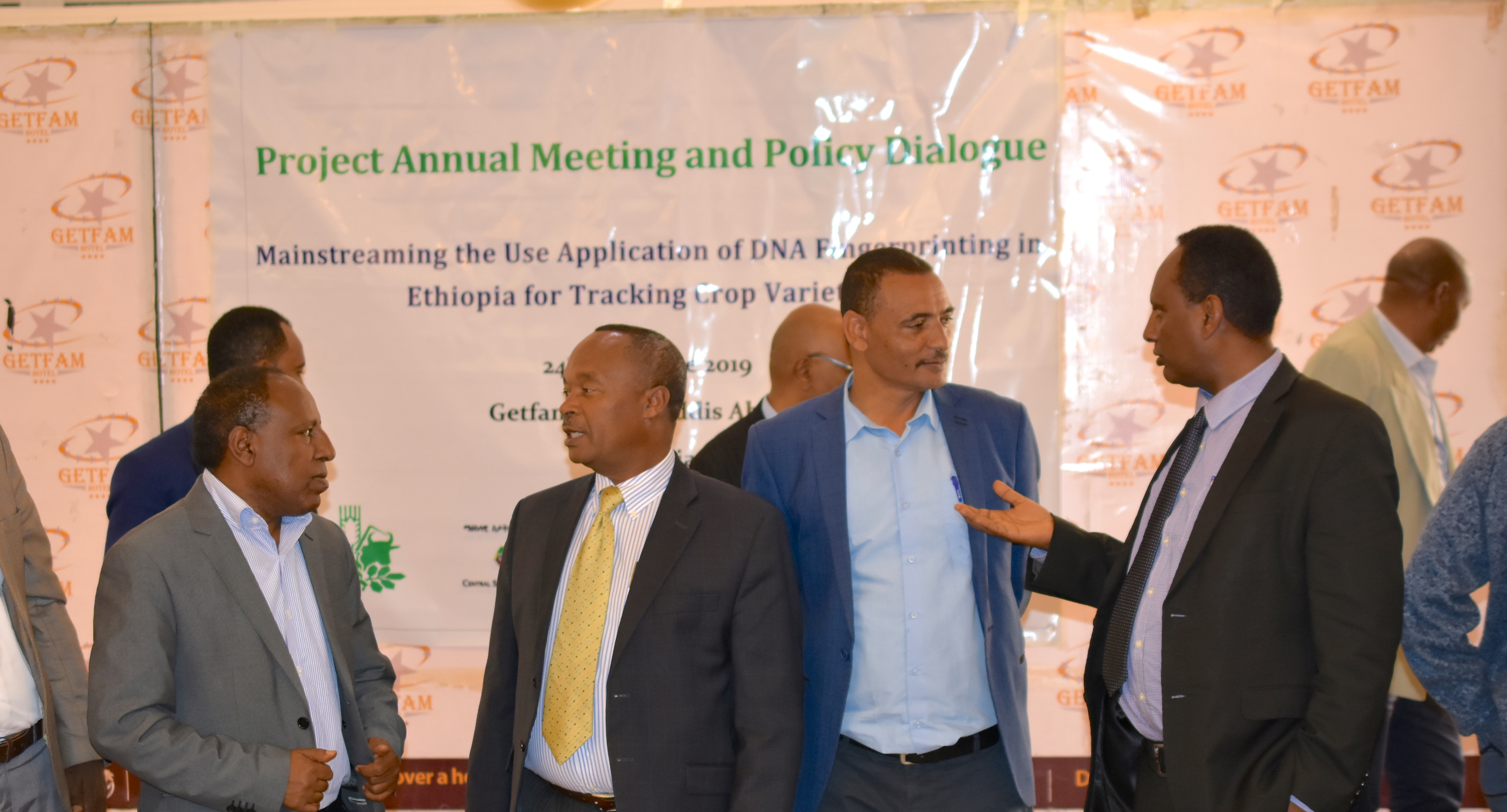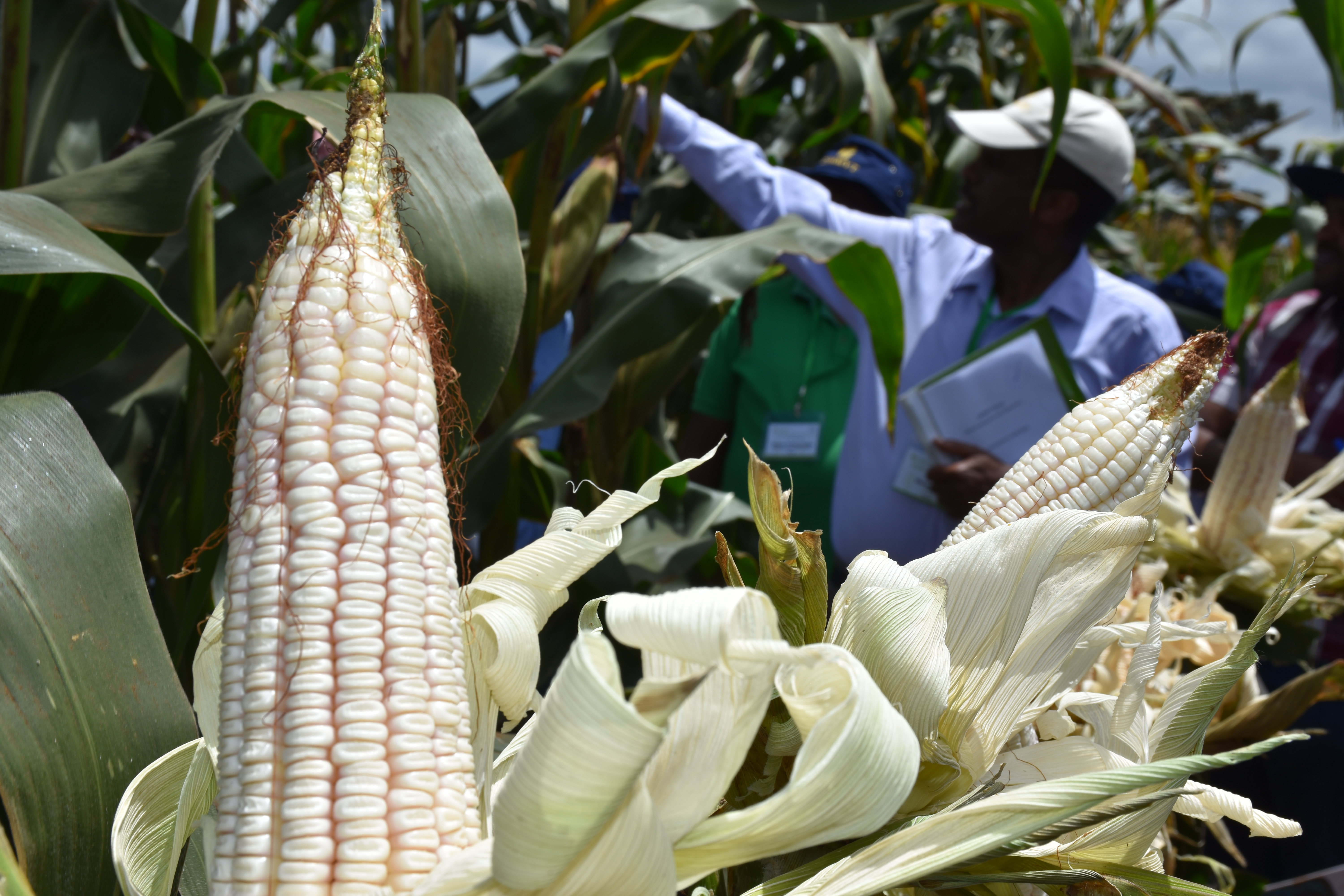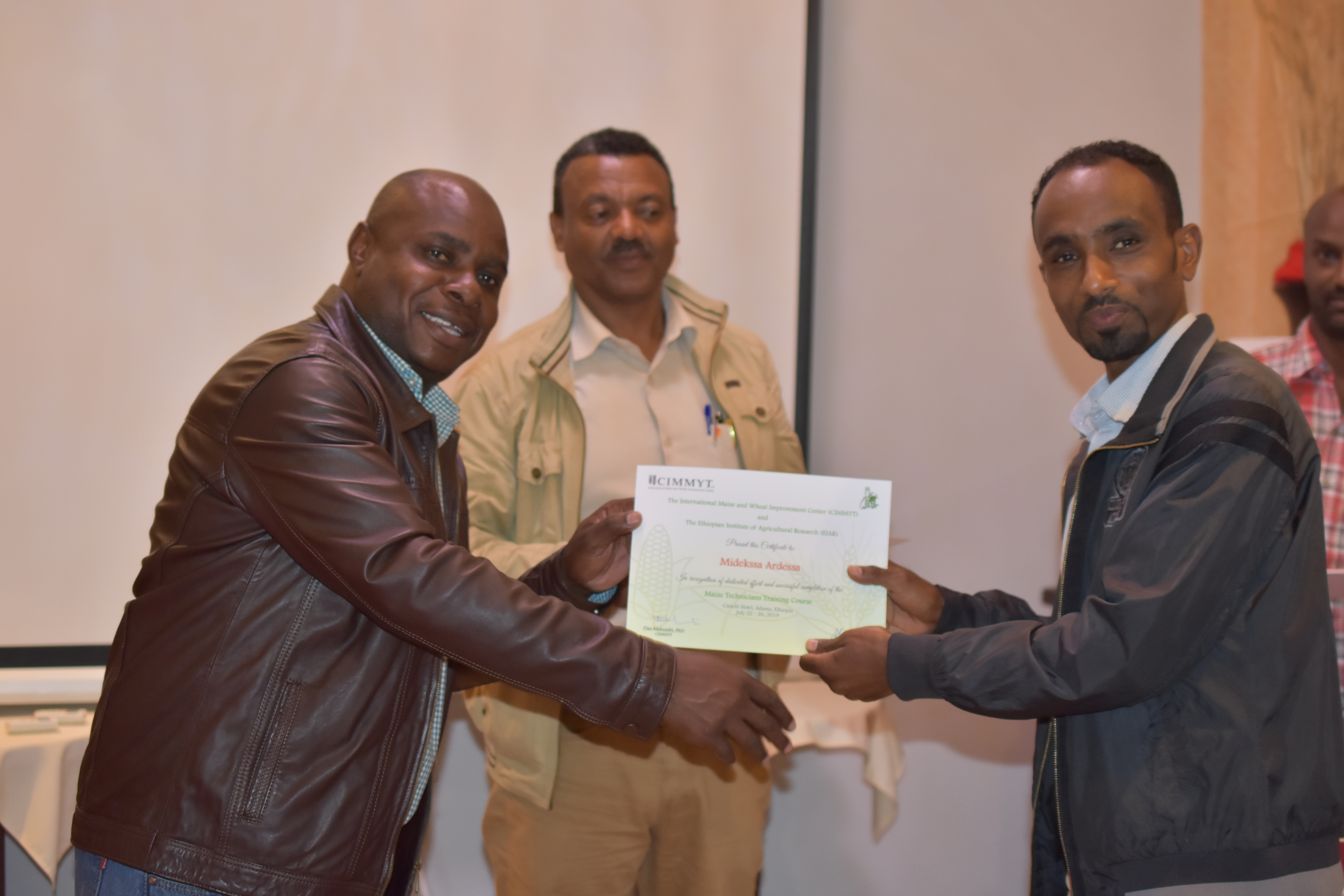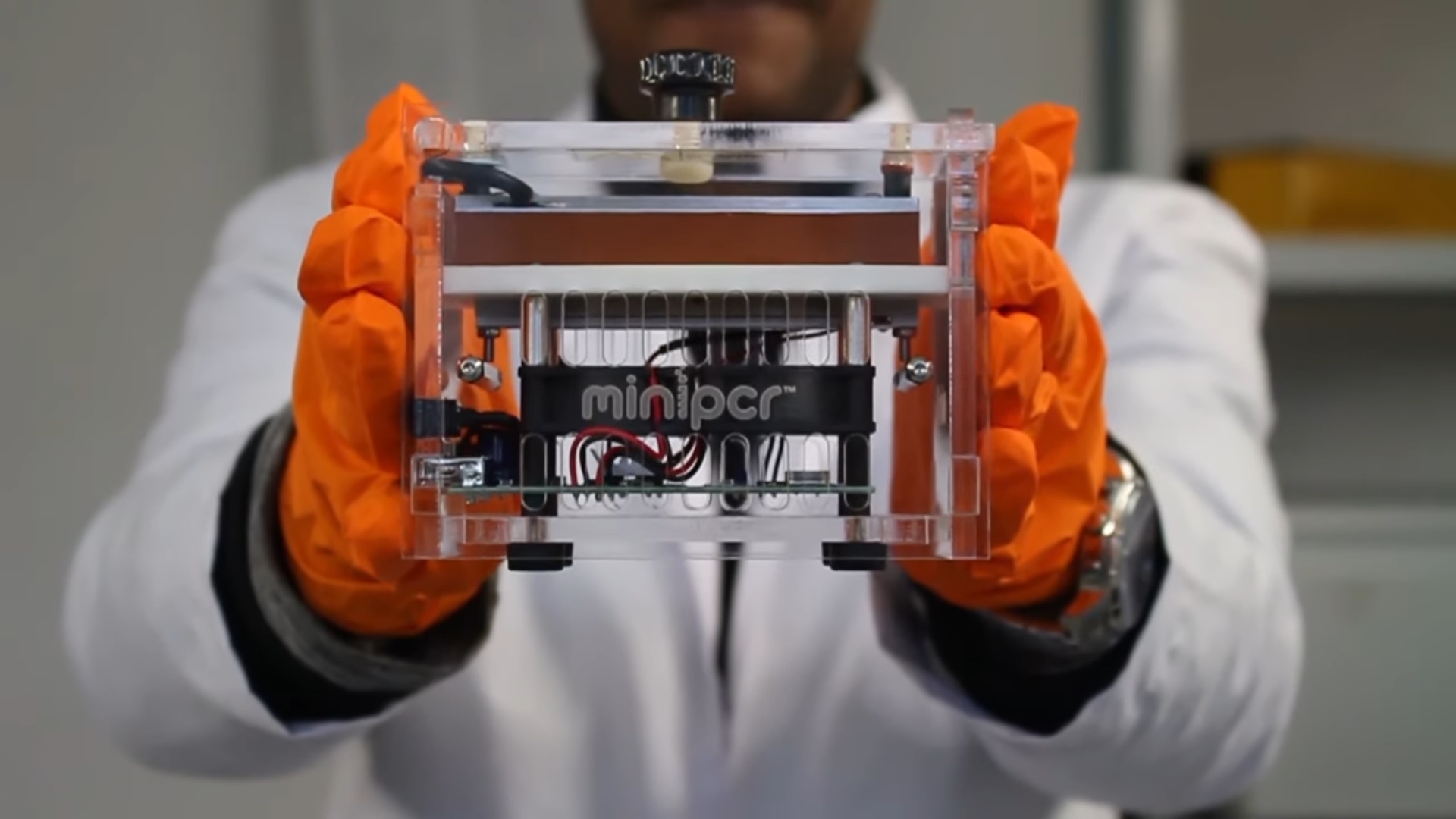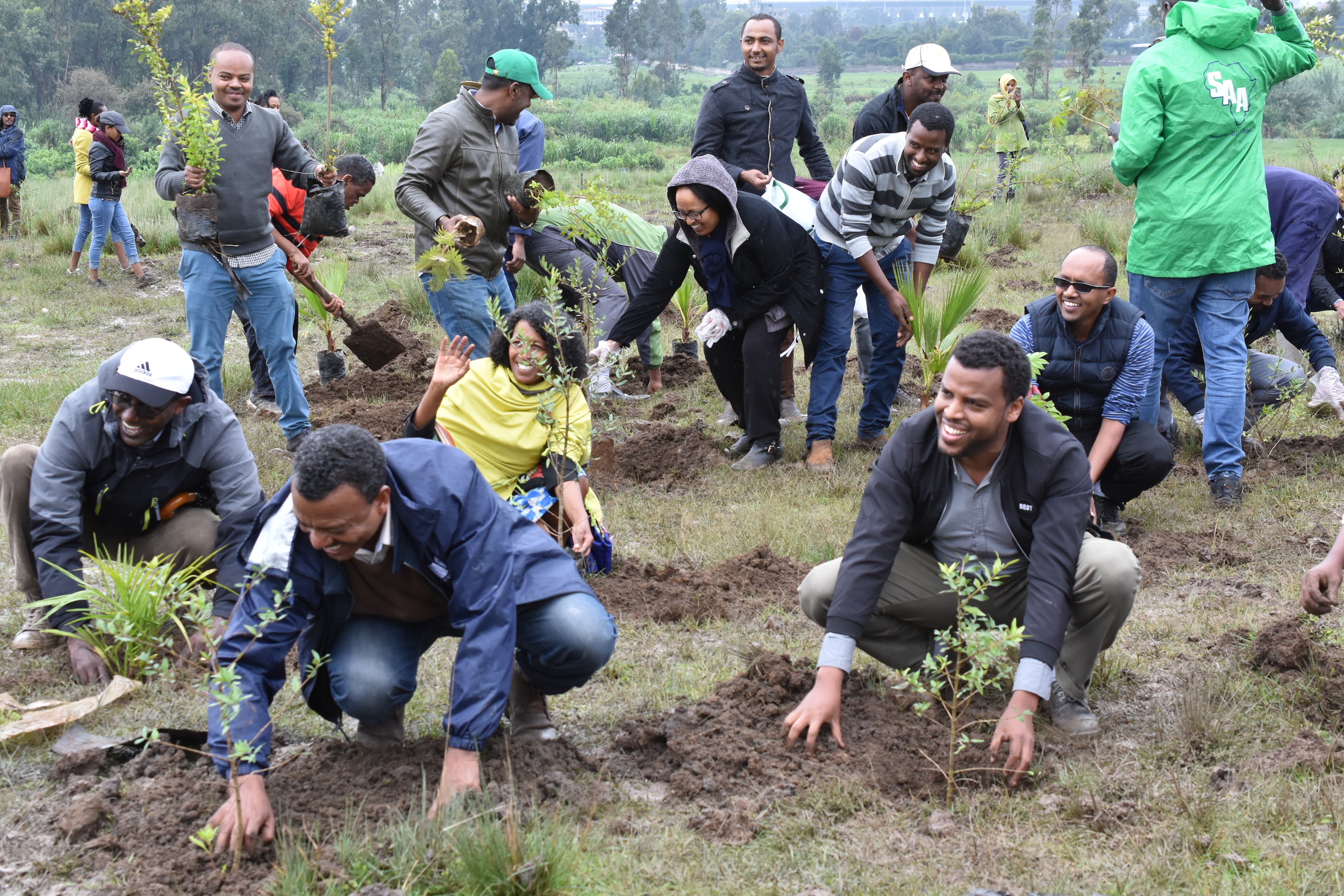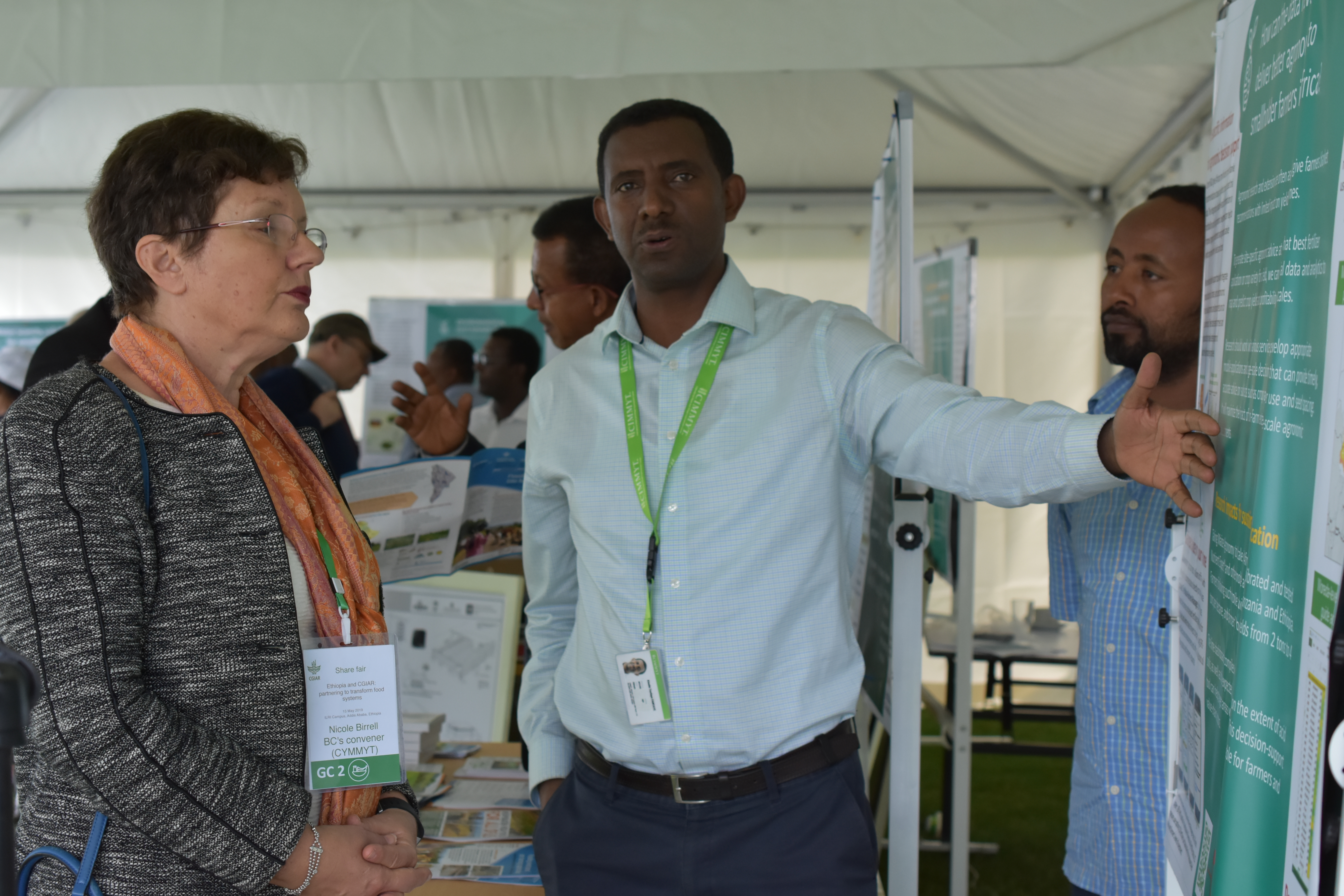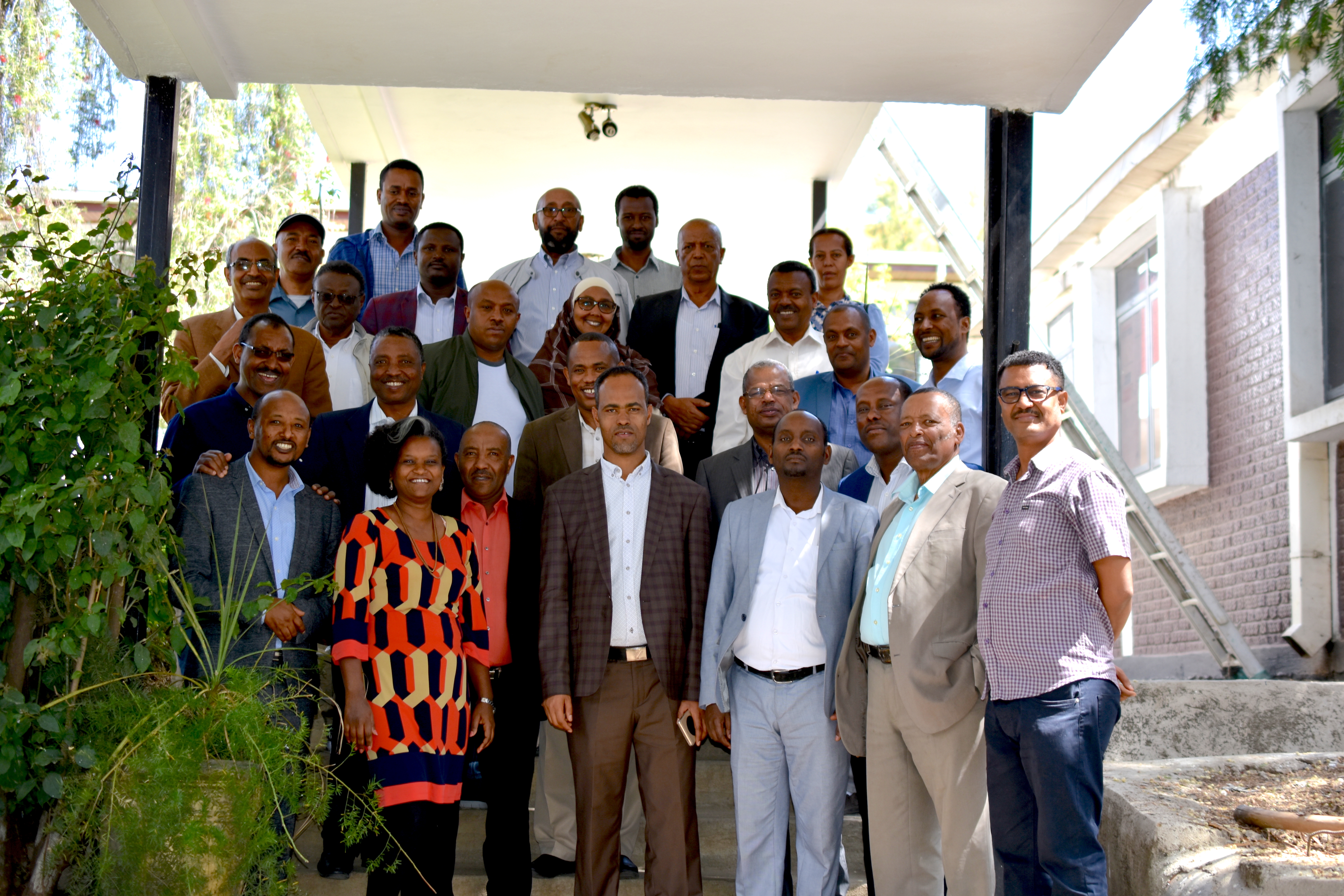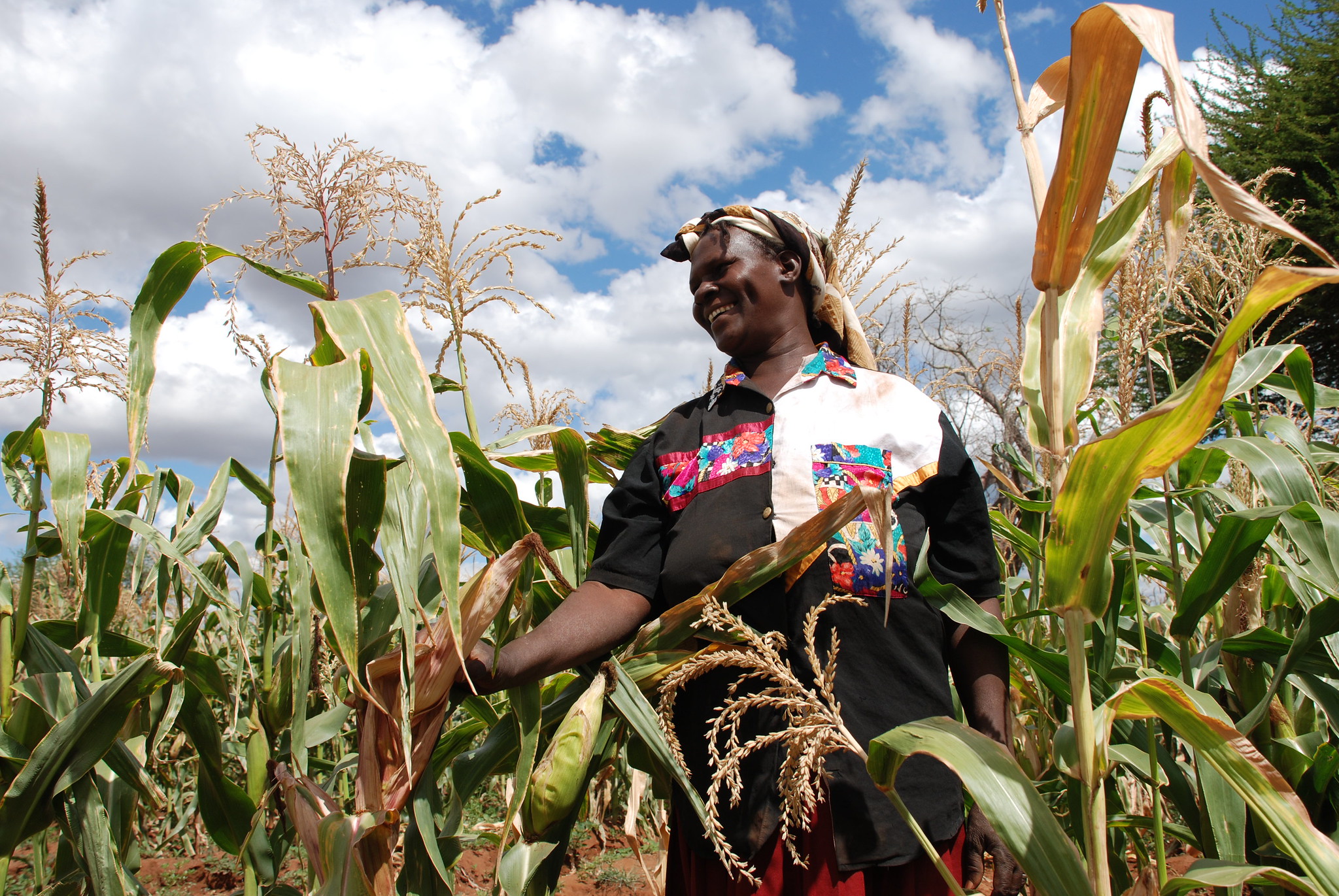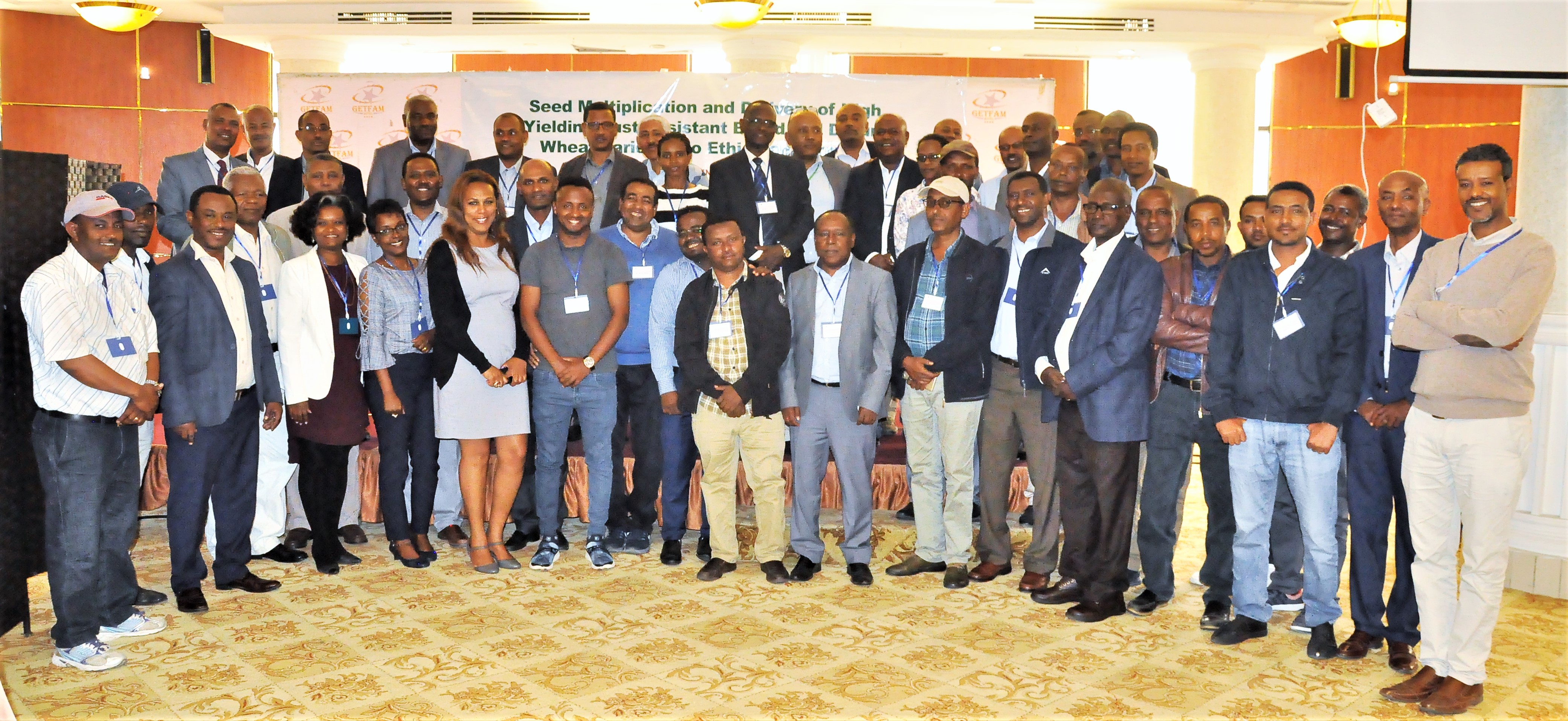Ethiopian Institute of Agricultural Research (EIAR)
Ethiopia: Launching Digital Agro-Climate Advisory Platform in Ethiopia
 Climate adaptation and mitigation
Climate adaptation and mitigation
Source: All Africa (16 Nov 2019)
CIMMYT, EIAR and partners launched a digital agro-climate advisory platform.
Launching digital agro-climate advisory platform in Ethiopia
 Climate adaptation and mitigation
Climate adaptation and mitigation
Source: The Reporter (16 Nov 2019)
New platform will put resilience at the center of livelihoods in response to rising populations, growing food demand and ecological crisis.
Scientists develop an early warning system that delivers wheat rust predictions directly to farmers’ phones
 Innovations
Innovations
New research describes a revolutionary early warning system that can predict and mitigate wheat rust diseases in Ethiopia.
New tools guide interventions against acid soils in Africa using lime
 Capacity development
Capacity development
Experts are developing data and dashboards to advise policymakers about the cost and feasibility of liming to increase maize productivity.
Smallholder farmers’ multi-front strategy combats rapidly evolving wheat rust in Ethiopia
 Nutrition, health and food security
Nutrition, health and food security
Researchers found farmers who increased both the area growing resistant varieties and the number of wheat varieties grown per season saw the biggest yield increases.
Ethiopian policymakers consider wider use of DNA fingerprinting
 Innovations
Innovations
This tool allows to identify varieties used by farmers and to track the adoption and impact of improved crops.
Seed production innovations, conservation agriculture and partnerships are key for Africa’s food security
 Nutrition, health and food security
Nutrition, health and food security
Partner field days in Kenya presented sustainable solutions to crop threats and innovations in seed and agronomy.
Ethiopian maize breeders will directly apply knowledge gained from training
 Capacity development
Capacity development
STMA project training focused on latest developments in maize research and data collection.
Using the MARPLE kit to diagnose wheat rust in Ethiopia
 Innovations
Innovations
The mobile kit will allow Ethiopia to quickly identify wheat rust strains in 48 hours, instead of sending samples to labs abroad.
CIMMYT and CGIAR staff join Ethiopia’s record-breaking tree-planting campaign
 Climate adaptation and mitigation
Climate adaptation and mitigation
People across the country planted more than 350 million trees in a day to fight deforestation and climate change.
Research, innovation, partnerships, impact
 Innovations
Innovations
Knowledge share fair highlights CGIAR contributions to the Ethiopian agriculture sector.
MARPLE team recognized for international impact
 Innovations
Innovations
Research team behind revolutionary field test for wheat disease wins prestigious BBSRC prize.
Sustaining the production and demand of Quality Protein Maize in Ethiopia
 Nutrition, health and food security
Nutrition, health and food security
As the Nutritious Maize for Ethiopia (NuME) project comes to an end, partners draw plans to extend its impact.
Ethiopia calls for continued collaboration to increase wheat production and meet nutritional and food security
 Capacity development
Capacity development
CIMMYT and EIAR officially closed a wheat seed scaling project that benefitted 131,132 households.


